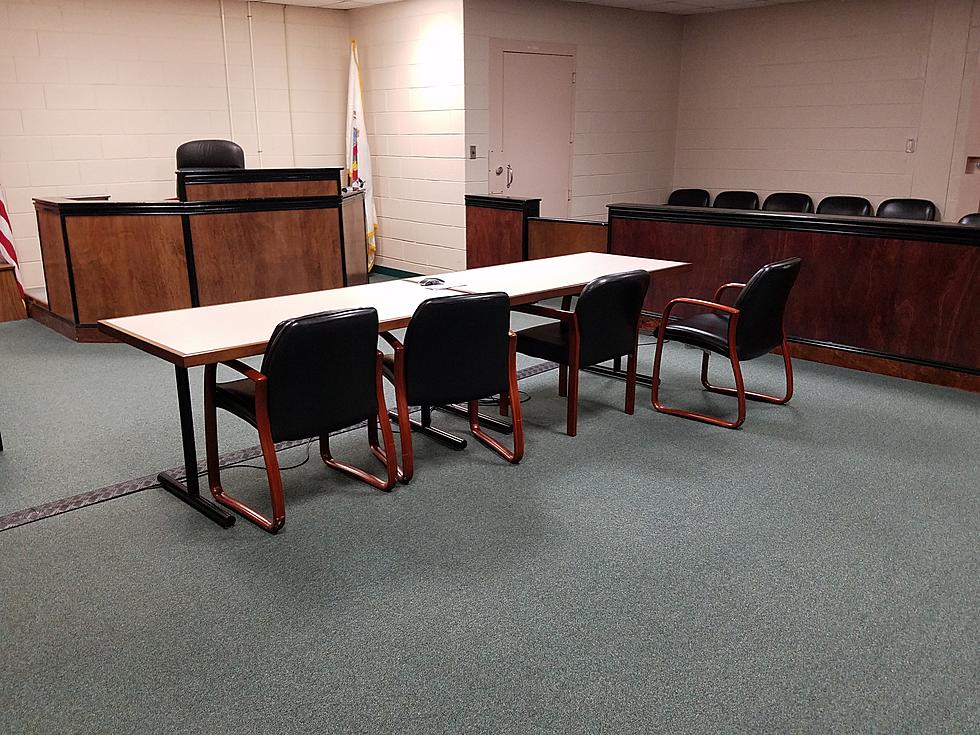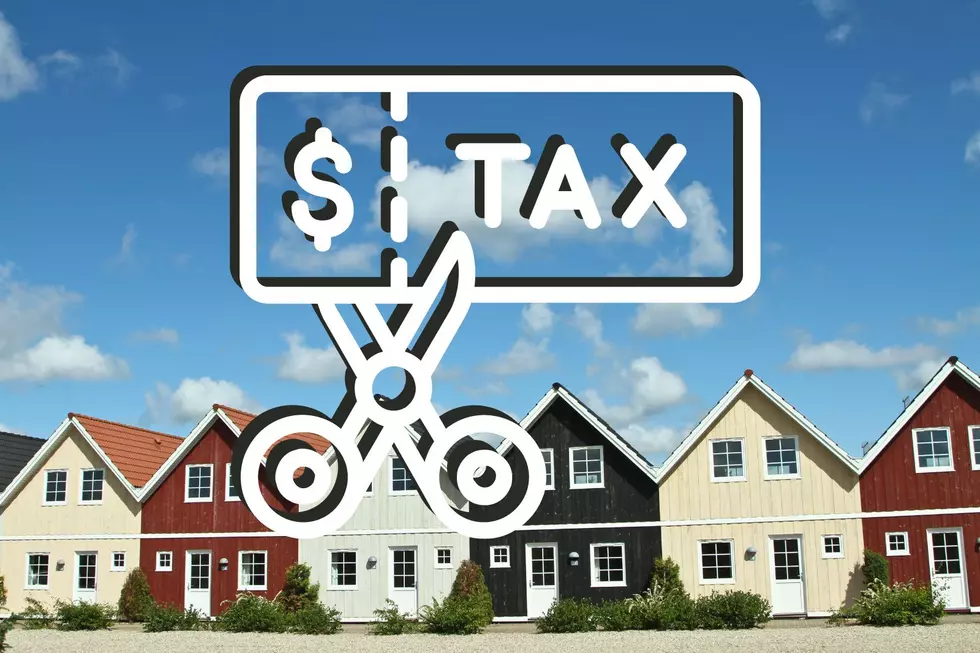
Assembly spars over taxes as up to $14B in borrowing advances
TRENTON — A plan to patch steep declines in government revenues by borrowing billions of dollars to pay current expenses was approved by the Assembly in a party-line vote Thursday.
Republicans said they would sue to prevent the borrowing, saying the state constitution and state Supreme Court precedent prevent borrowed funds from being considered revenue for balancing the yearly operating budget. They say the borrowing should be directly approved by voters.
Assembly Minority Leader Jon Bramnick, R-Union, said the borrowing would be “a clear launching pad for some horrific new taxes that this state can’t afford” because the bill says sales taxes or a statewide property tax would be used to repay it if other funds are available. He predicts a wealth tax, as well.
“You can expect that every homeowner will get a second mortgage, we’ll call it the Murphy mortgage, and we do not know what that payment is going to be,” Bramnick said.
Assembly Majority Leader Louis Greenwald, D-Camden, said the section of the bill that Republicans say they’re alarmed about is boilerplate language used for years with general obligation bonds, supported and sometimes sponsored by Republicans – including Bramnick.
“That clause has never, ever, not once been enacted,” Greenwald said.
“The purpose of this bill is to avoid crippling tax increases to every corner of this state, devastating cuts to programs of our most vulnerable, which would very well lead to health care cost spikes,” he said.
Gov. Phil Murphy said “this notion of this notion of property taxes is kind of laughable” and that the goal is to avoid spikes in property taxes that might follow if the state balances its budget through spending cuts that would cut into school and municipal aid.
“Frankly, what would you do if you’re a municipality? You’d have no choice but to raise property taxes,” Murphy said. “This not only has nothing to do with raising property taxes, this is the one weapon we’ve got at our disposal to prevent that in fact from happening.”
The Assembly passed A4175 in a vote of 52-28 during a remote voting session conducted mostly by phone. The Senate has not yet scheduled a hearing on it. It is now before the Senate budget committee, which is likely to meet next Thursday.
The bill would allow up to $5 billion in general obligation bonds to be sold. It would also allow the state to borrow as much as $9.2 billion from the Federal Reserve. Smaller counties and municipalities that are not able to directed borrow from the Fed could do so through the state but would have to pay that back through their funds – presumably, from property taxes.
Republicans said that even if past general obligations haven’t resulted in a statewide property tax – which doesn’t currently exist – or sales tax increases, times are different due to the pandemic.
“In the highest taxed state in America, New Jersey Democrats found a way to pile on more,” said Republican Party state chairman Doug Steinhardt.
“Among the many, and I mean many, reckless and wrongheaded ideas that the Democrats have had in New Jersey over the last decade-plus, this is the most reckless and wrongheaded of them,” said Assemblyman Jay Webber, R-Morris.
“Historically we may not have had to use that paragraph, but in this case, how can we be sure that we won’t have to invoke it?” said Assemblywoman Serena DiMaso, R-Monmouth. “It seems with everything on its face value, we will have to in fact invoke that paragraph, and the only way then to do that would be to pass this $5 billion burden on to our taxpayers.”
“What we absolutely do not need is to take a four-month problem and turn it into a 35-year obligation,” said Assemblyman Brian Bergen, R-Morris.
Murphy said the borrowing would allow the state to “put back on the books a whole range of programs,” including property tax relief and education funding, that it won’t otherwise be able to provide.
Democrats said the solution to the revenue shortfall – projected at $2.7 billion in the current budget and $7.2 billion in the upcoming one – needs to be a mix of spending cuts and borrowing.
Murphy wants to de-appropriate $1.2 billion that had been approved in the current budget and plans to withdraw $850 million in planned spending increases in his proposed 2021 budget. Another $3 billion in spending is being deferred at least until October.
“Cuts alone cannot solve this crisis,” said Assemblywoman Eliana Pintor Marin, D-Essex. “If we eliminated all of the executive branch direct services, as well as the entire legislative and judiciary budget, it would save less than $5 billion.”
“Should this bonding package go together at some point, which it likely will, this does not return us to pre-pandemic budget circumstances and numbers. The pain is going to be great, and it’s going to be considerable,” said Assemblyman John Burzichelli, D-Gloucester.
“I don’t want to sound like 'Game of Thrones,' but winter is coming,” said Assemblyman John McKeon, D-Essex. “And for this state, winter is October.”
More from WOBM News:

KEEP READING: See how animals around the world are responding to COVID-19
More From Beach Radio










